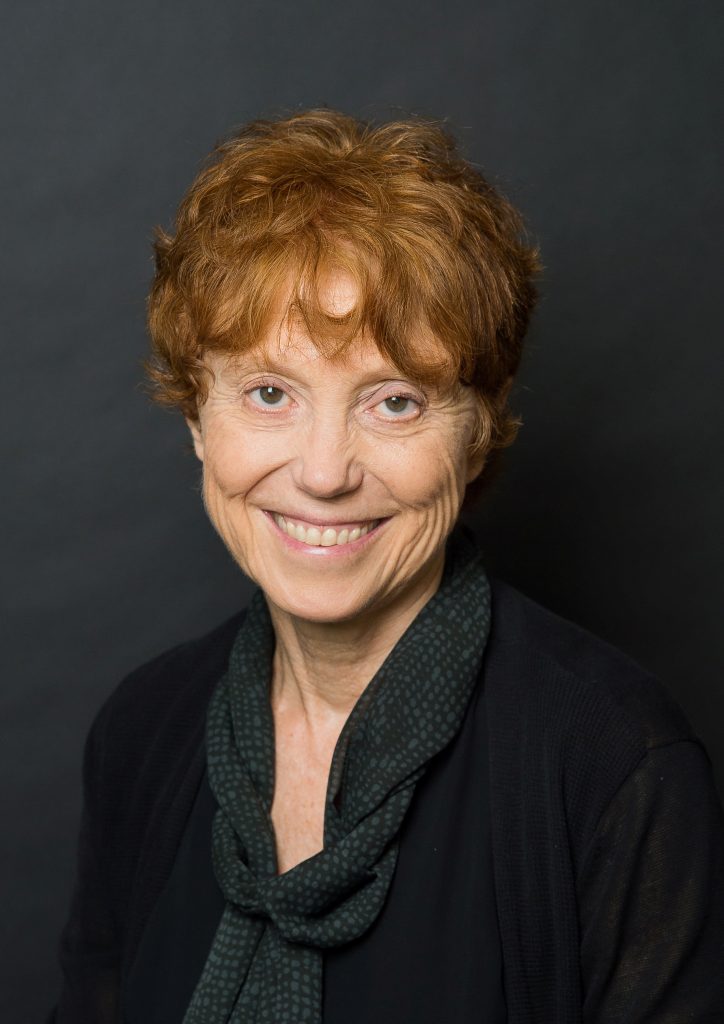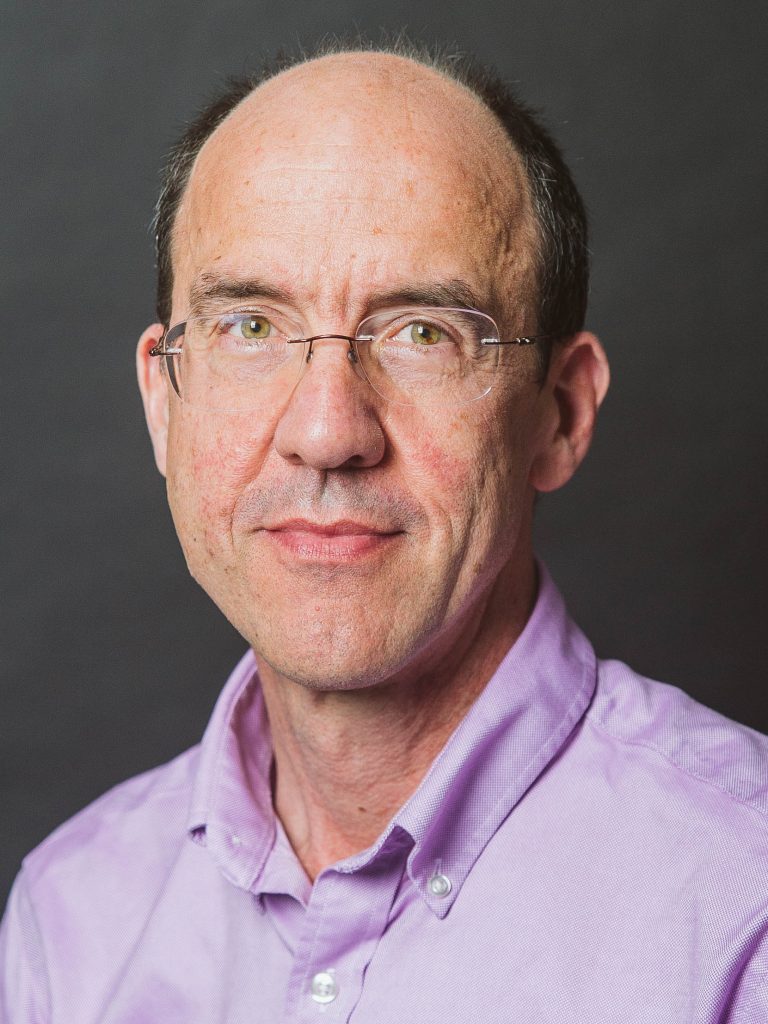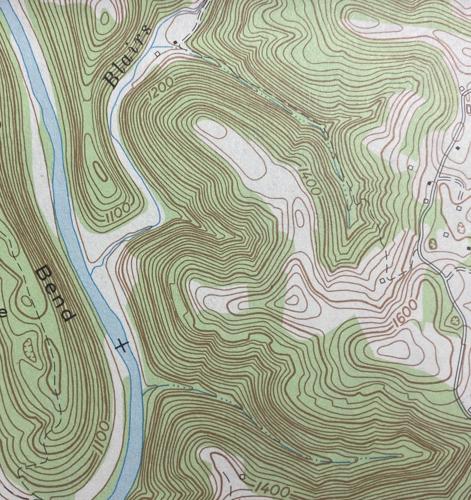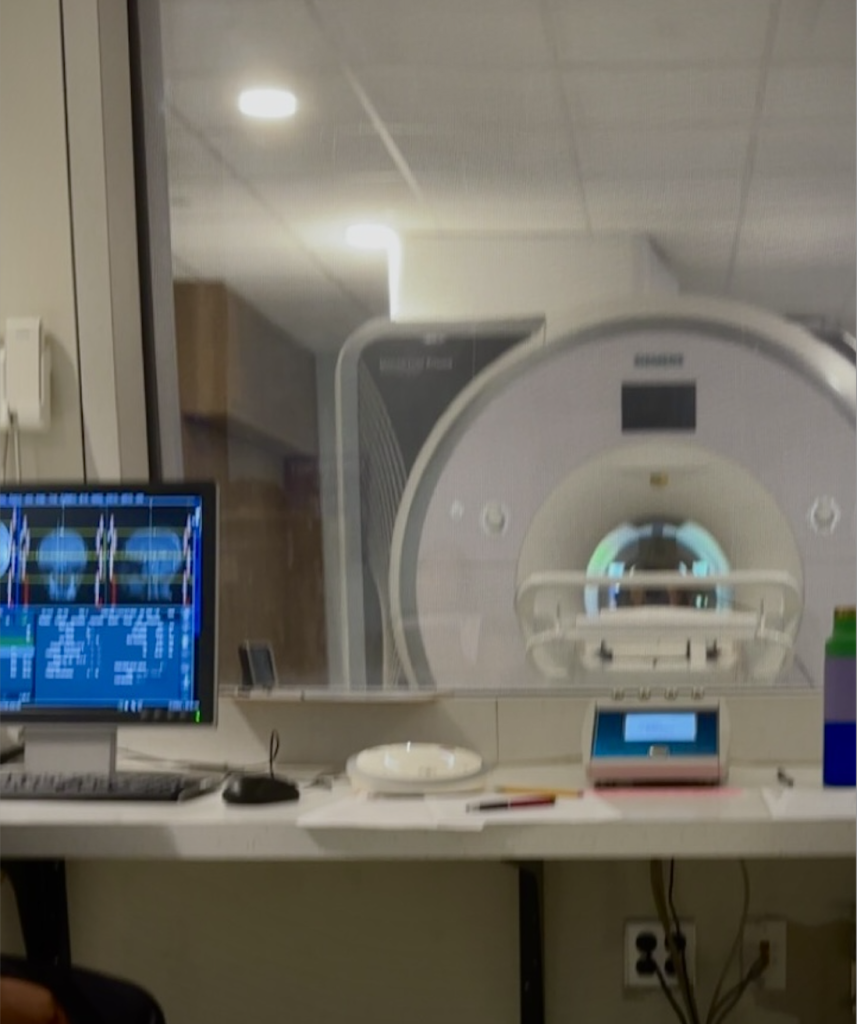Spatial thinking allows us to encode and transform information about objects and their location, and thus to find our way in the world and perform technical activities such as tool making, providing the foundation for a wide range of activities, such as the design of buildings or the solution of mathematics problems. The overarching goal of the RISC Lab is to understand spatial learning and thinking and how they can be fostered by effective technology and education.

Dr. Nora Newcombe studies navigation, spatial memory and spatial thinking in mathematics and physics.

Dr. Thomas Shipley concentrates on spatial thinking in the geosciences.
For Spatial Intelligence and Learning Center (SILC) resources, please see the site maintained at Northwestern.

Our Projects
Our current projects analyze the world of geoscience education and how we think about navigation and space.
Our Team
Meet our group of researchers working to learn more about spatial learning and thinking.


Current News
Hear about exciting announcements from in the lab, and out, from our alumni!
Featured Content
Jeffery, K. J., Cheng, K., Newcombe, N. S., Bingman, V. P., & Menzel, R. (2024). Unpacking the navigation toolbox: Insights from comparative cognition. Proceedings of the Royal Society B, 291: 20231304. https://doi.org/10.1098/rspb.2023.1304
(2023). Studying the development of navigation using virtual environments. Journal of Cognition and Development, 24(1): 1-16, DOI: 10.1080/15248372.2022.2133123
Bateman, K.M., Wilson, C.G., Williams, R.T., Tipoff, B., & Shipley, T.F. (2022). Explicit Instruction of Scientific Uncertainty in an Undergraduate Geoscience Field-Based Course. Science and Education. https://doi.org/10.1007/s11191-022-00345-z
Karjack, S., Brudzinski, M.R., & Shipley, T.F. (2022). Assessment of the general public’s understanding of rapidly produced earthquake information products ShakeMap and PAGER. Seismology Research Letters, 93(5): 2891-2905. https://doi.org/10.1785/0220210318
Brucato, M., Nazareth, A. & Newcombe, N.S. (2022). Longitudinal development of cognitive mapping from childhood to adolescence. Journal of Experimental Child Psychology. https://doi.org/10.1016/j.jecp.2022.105412
Horwath, E.A., Benear, S.L., Cowan, E., Camacho, M.C., Ngo, C.T., Newcombe, N.S., Olson, I.R., Perlman, S.B. & Murty, V.P. (in press). Children show adult-like hippocampal pattern similarity for familiar but not novel events. Brain Research. https://doi.org/10.1016/j.brainres.2022.147991
Miller-Cotto-D., Booth, J. & Newcombe, N.S. (2022). Sketching and verbal self-explanation: Do they help middle school children solve science problems? Applied Cognitive Psychology. June. https://doi.org/10.1002/acp.3980

You must be logged in to post a comment.